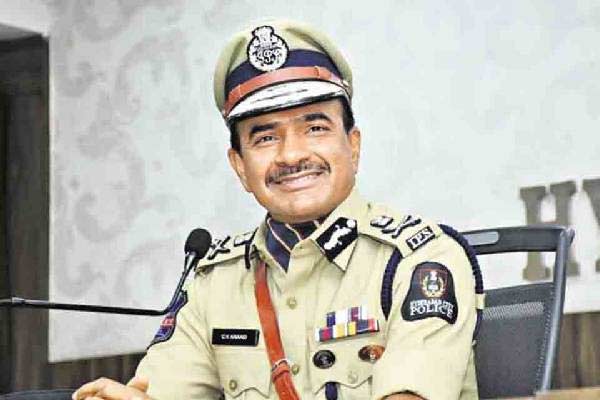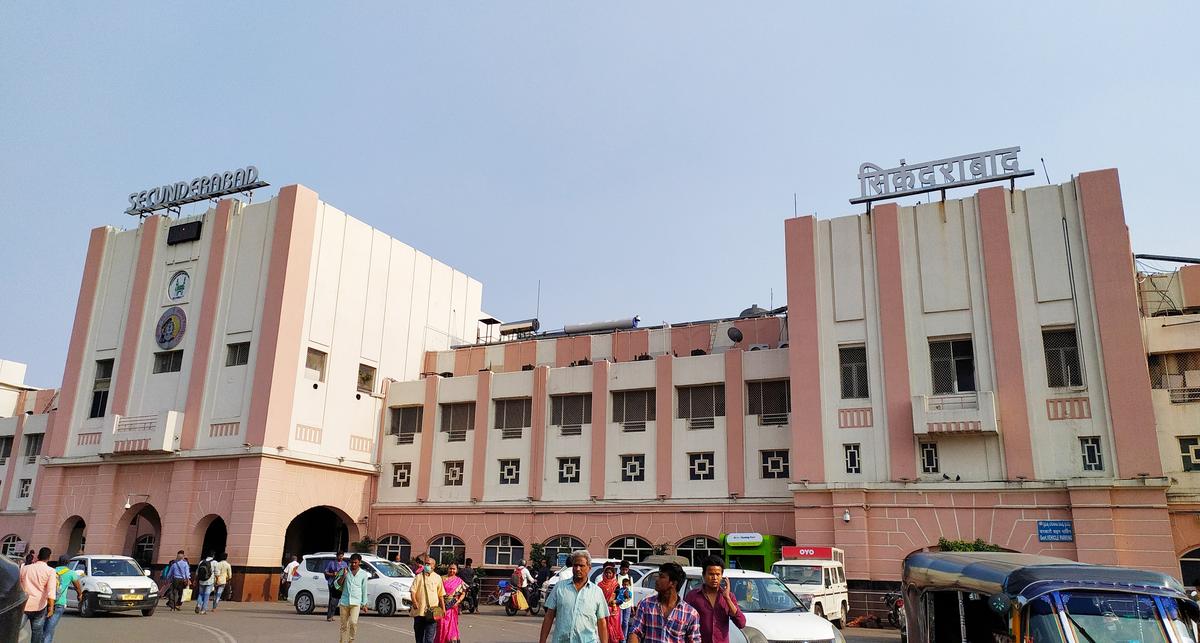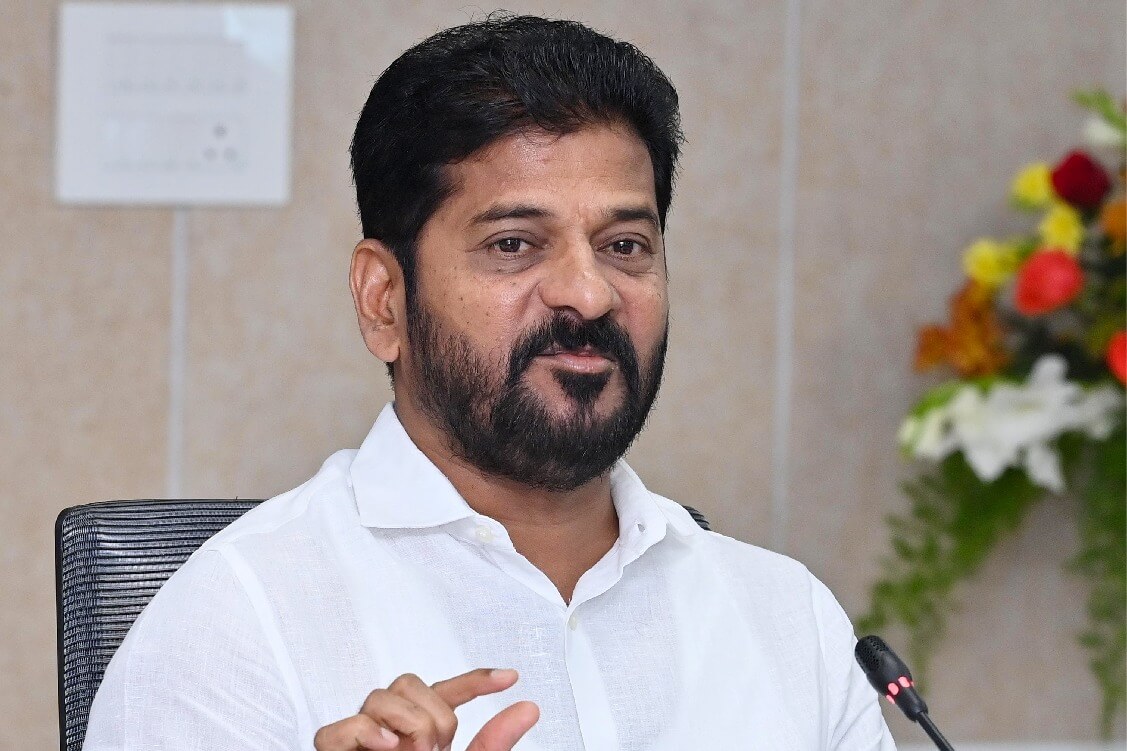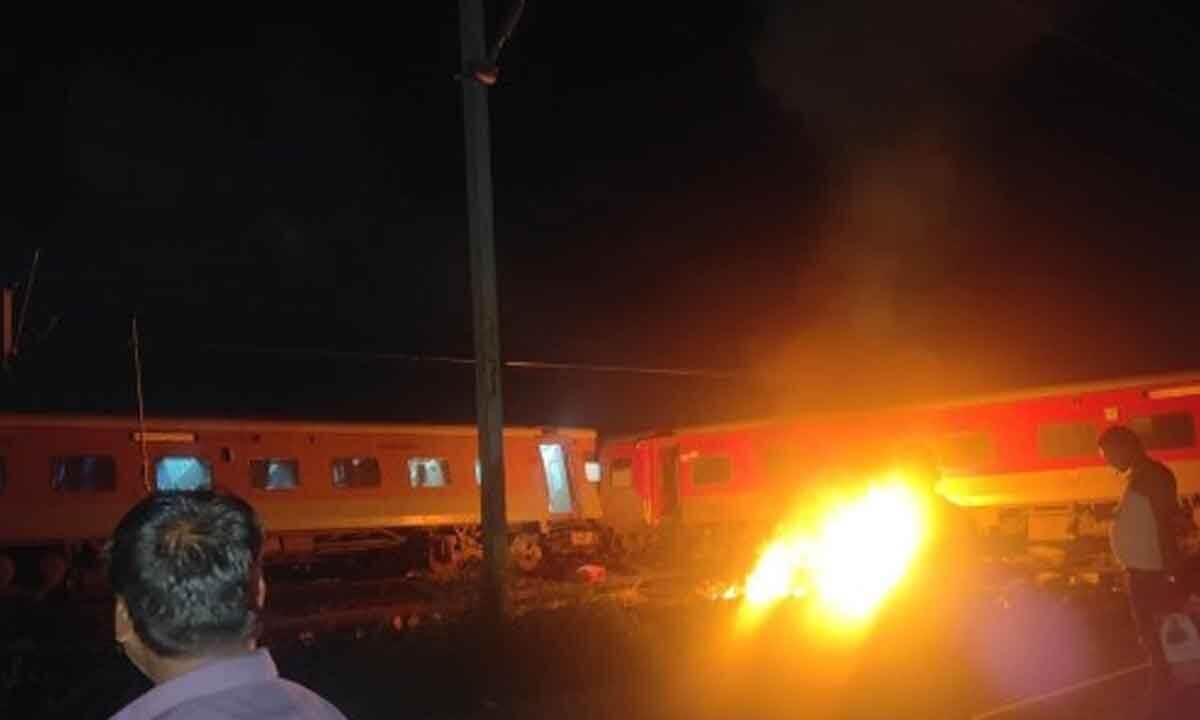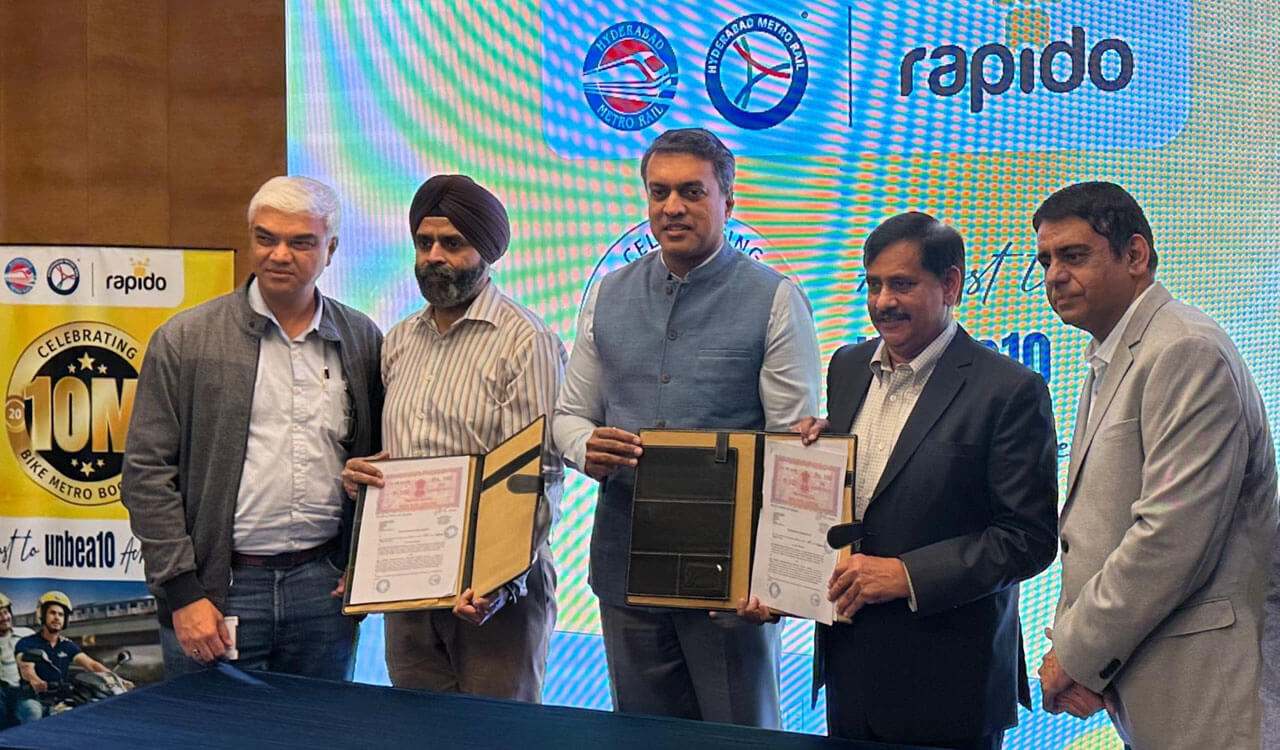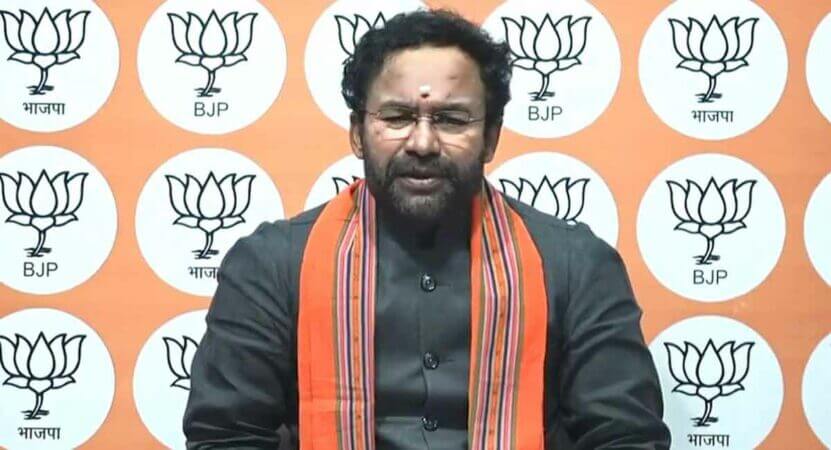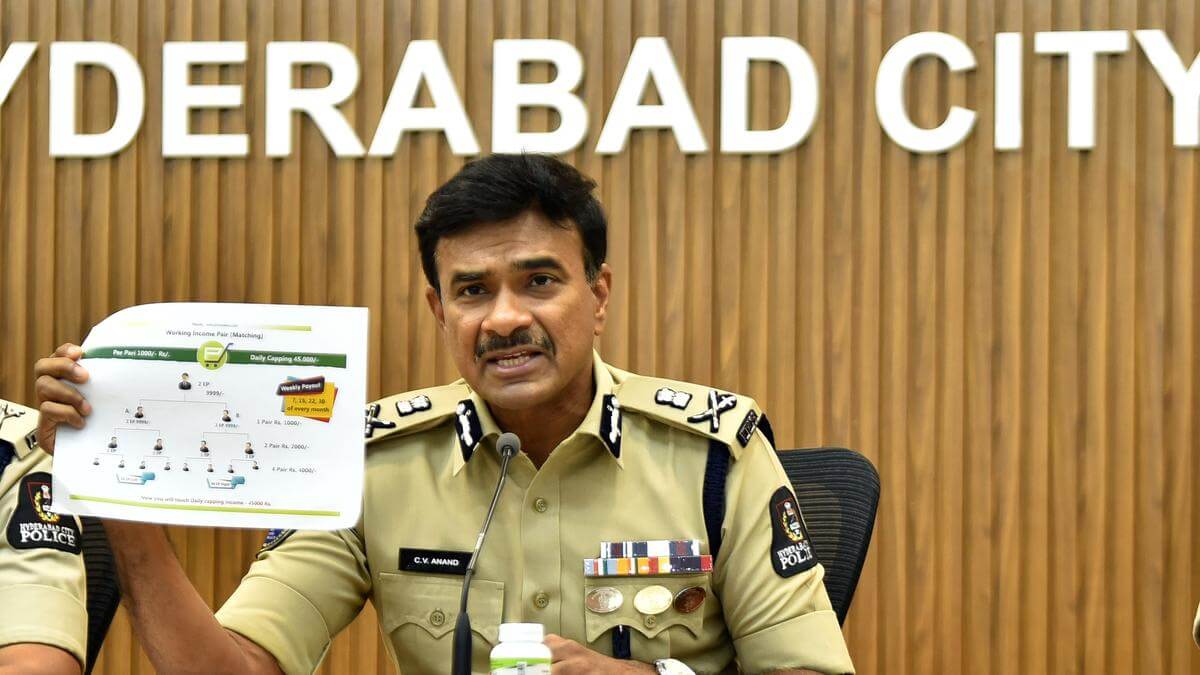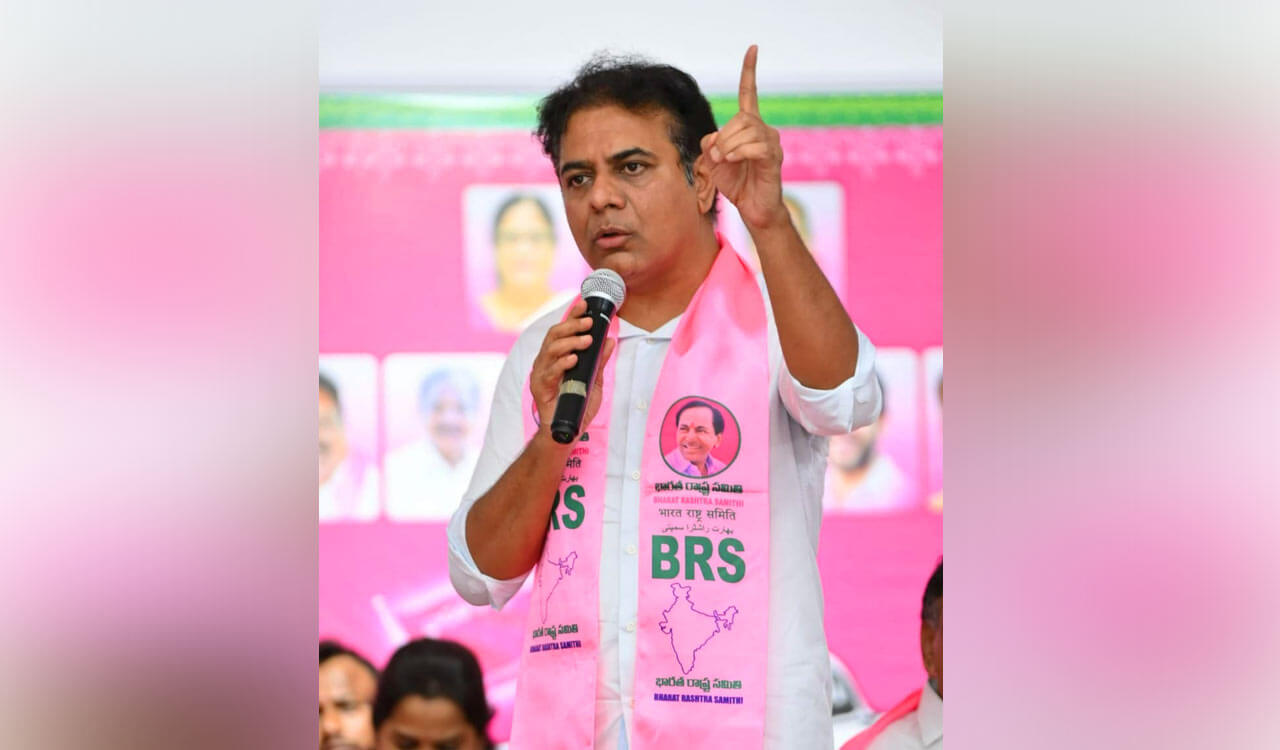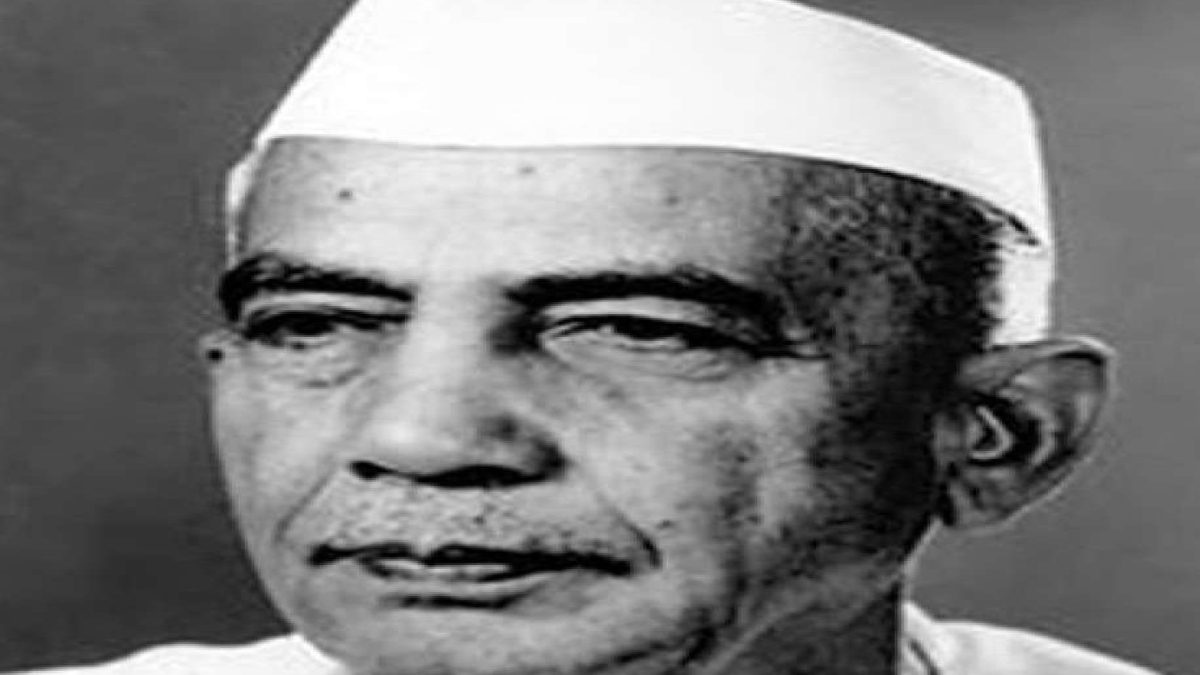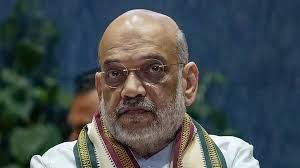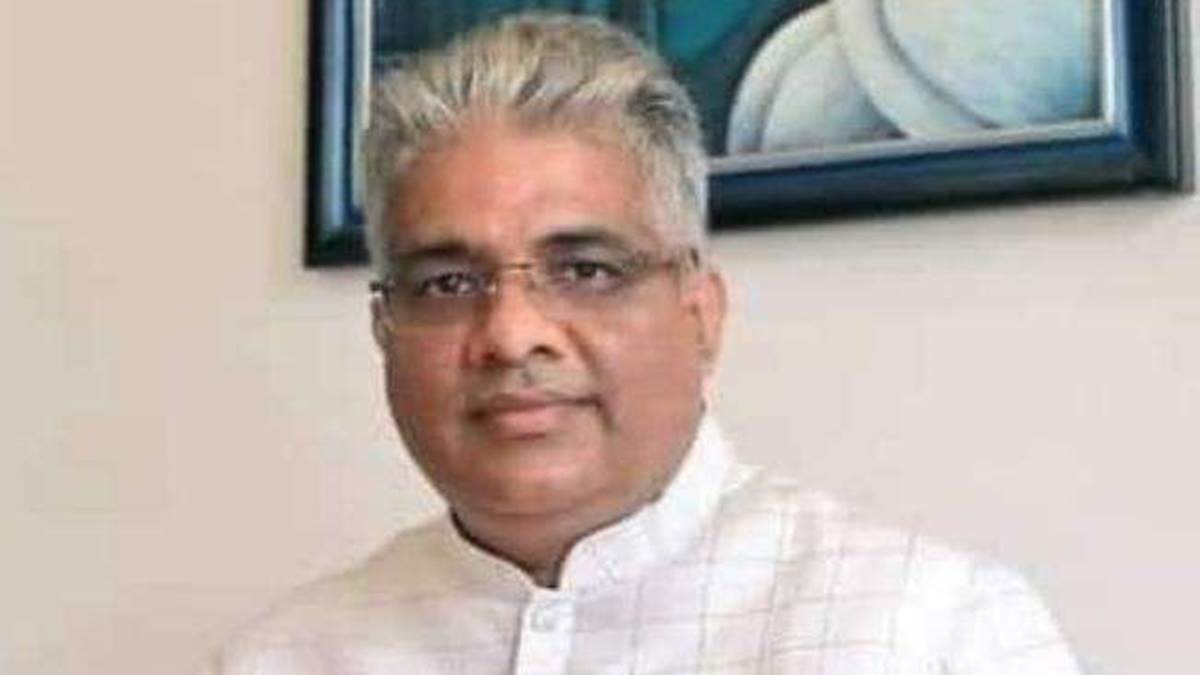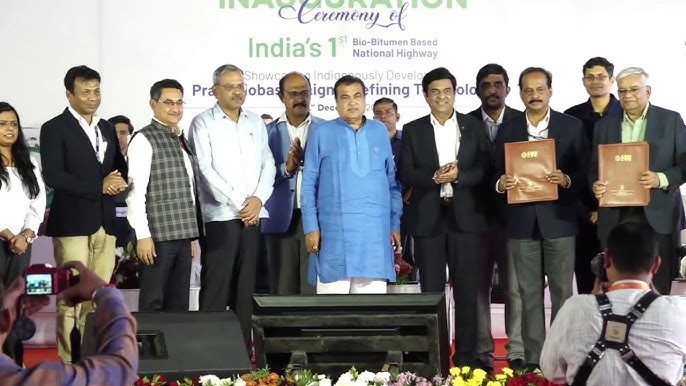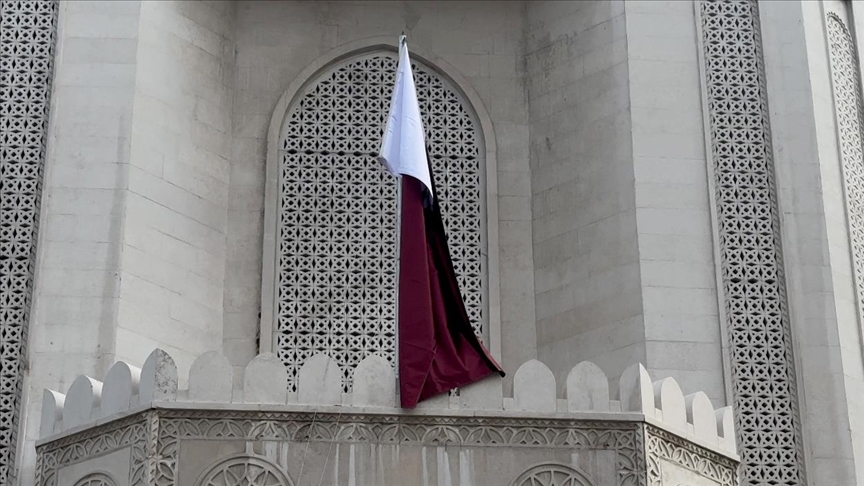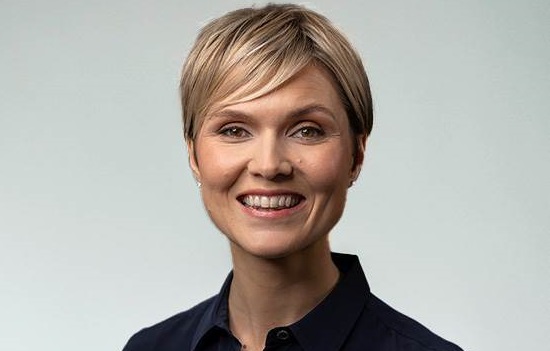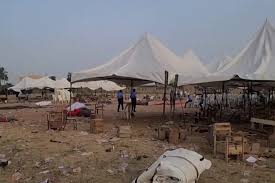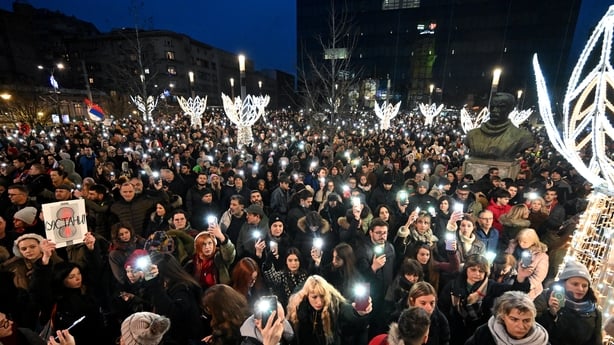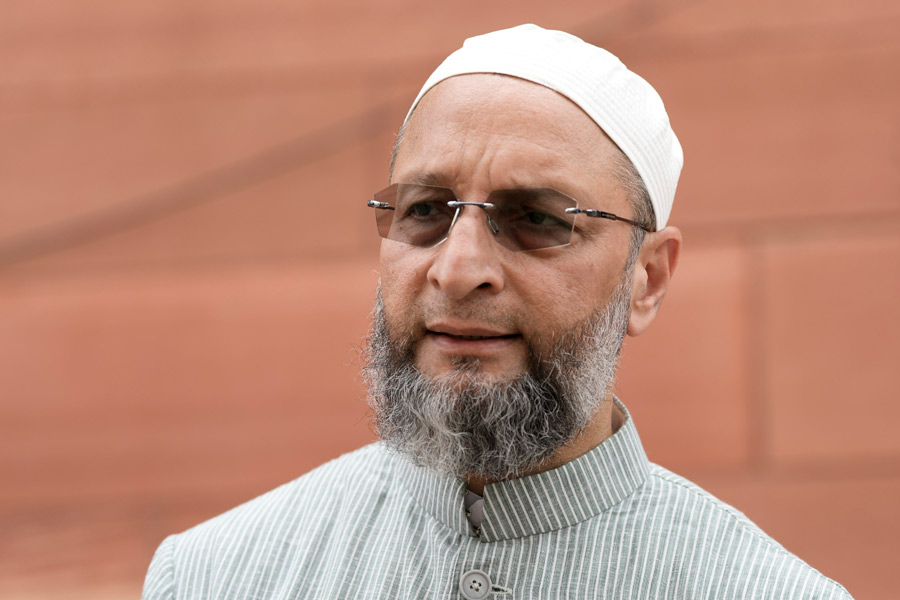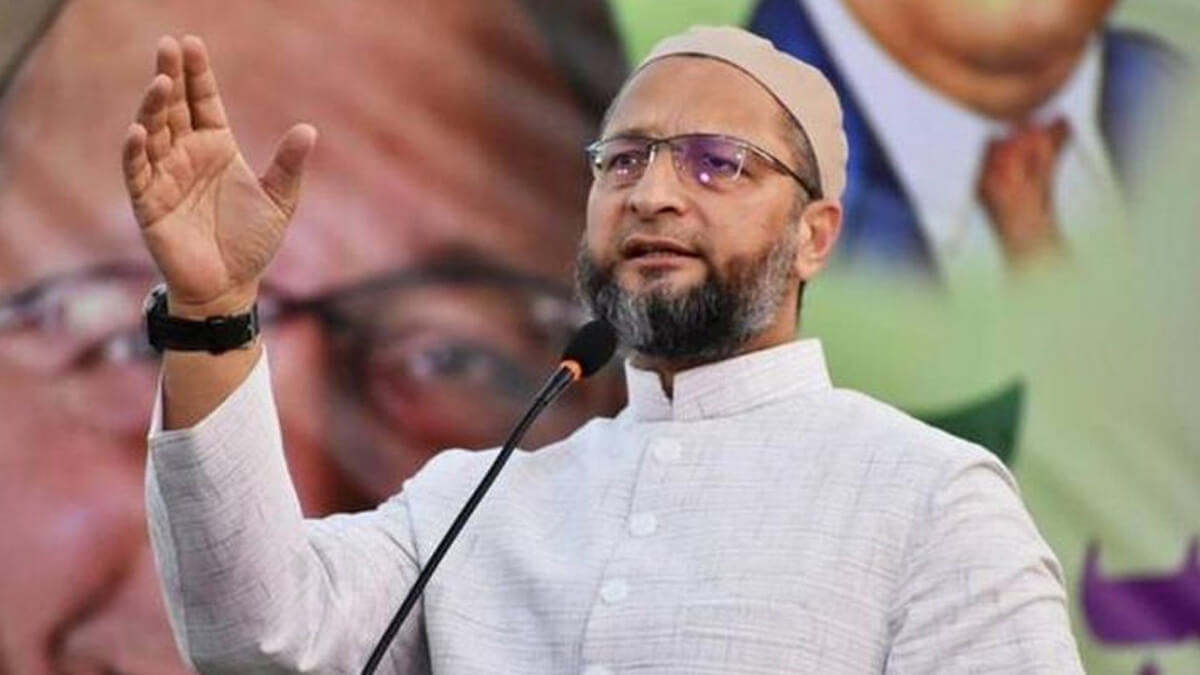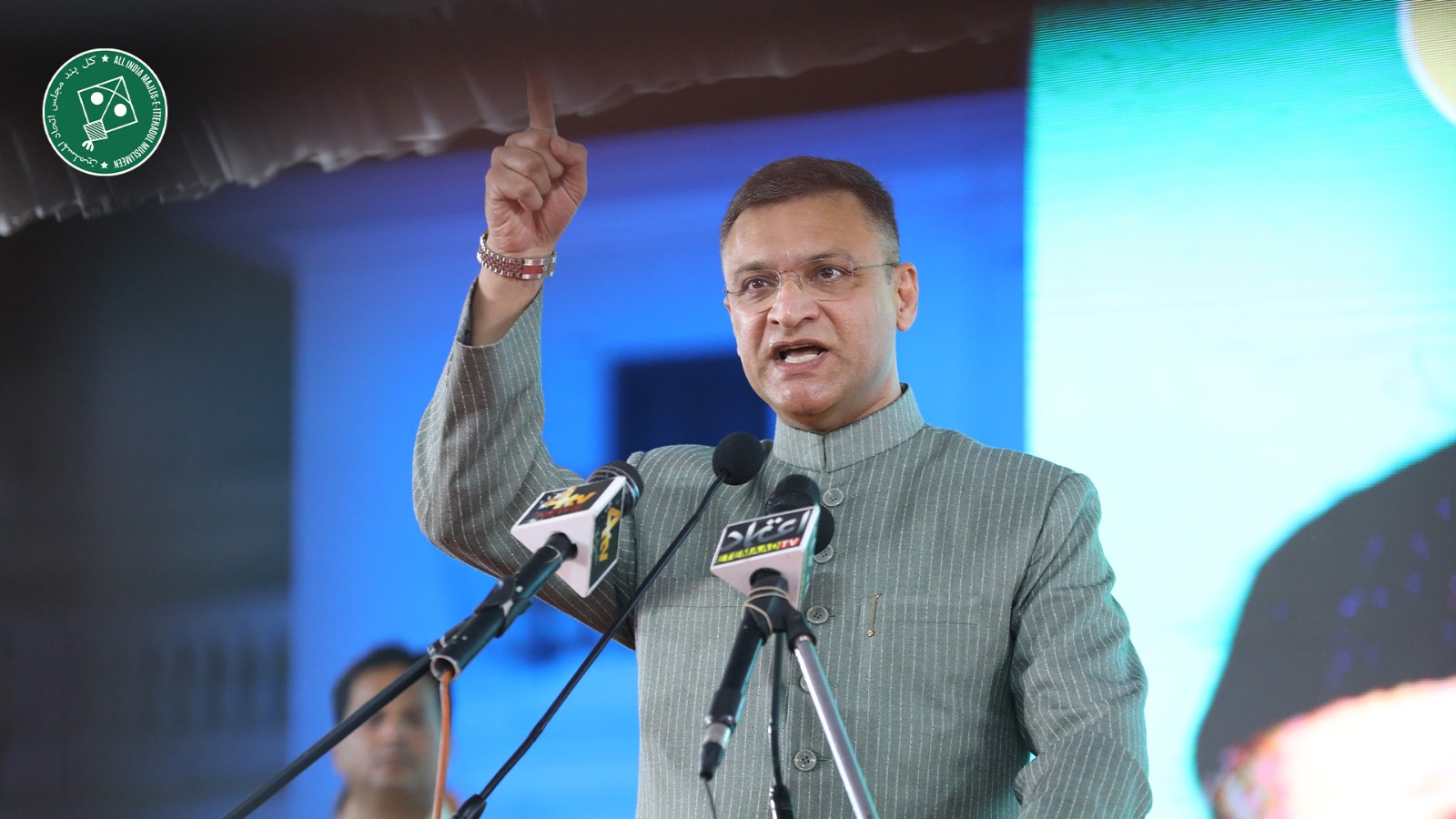10,000 oxygen lines help meet demand in Telangana
Thu 29 Apr 2021, 12:06:19
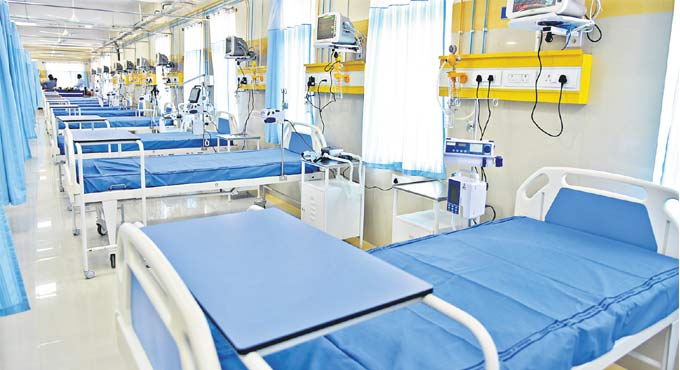
Medical oxygen lines installed in 10,000 hospital beds in government hospitals across Telangana during the first wave of Covid pandemic has ensured that the immediate oxygen demand was met with and the situation did not go out control, senior health officials said here on Wednesday.
Director of Medical Education (DME) Dr K Ramesh Reddy pointed out that before the first wave, there were just 1,000 hospitals beds with oxygen lines. “Realising this, Chief Minister, K Chandrashekhar Rao last year directed us to establish oxygen lines for 10,000 hospital beds.
As a result, there was no immediate shortage of oxygen for Covid patients during the second wave. Moreover, last year we had stockpiled at least 2,000 huge oxygen cylinders which come in handy. We also addressed difficulties in storage by installing 22 oxygen tanks in government hospitals across the State,” he said.
The DME acknowledged that a large number of people prefer to visit specific hospitals of their choice, which created an artificial bed shortage. People should realise that the Covid healthcare has been fully decentralised and they can avail treatment at the nearest government hospital.
“Don’t delay treatment for a
day or two in the hope of finding a bed in a hospital of your choice. Even a day delay will make it difficult for healthcare providers to revive the patient,” Dr Reddy said.
day or two in the hope of finding a bed in a hospital of your choice. Even a day delay will make it difficult for healthcare providers to revive the patient,” Dr Reddy said.
To ensure critical Covid patients are sent to the nearest government or private hospital with an available hospital bed, health authorities have provided access to real-time data on bed availability to pilots and Emergency Medical Technicians of 108 ambulances. “As a result of this, we have ensured that critical patients are first given treatment at a hospital,” he said.
A surge in fatalities during a pandemic of this scale is common and difficult for either private or government hospitals to prevent them, health officials said. Almost all the critical cases at Gandhi Hospital, TIMS, Gachibowli and MGM Warangal reach the hospital at a very critical stage, making it impossible for doctors to revive them.
“Majority of critical patients brought to tertiary hospitals are in advanced stage and the disease is so advanced that within 24-hours of admissions, patients are dying. We urge people not to waste time or wait. Treatment at right time is important to save the life,” DME, Dr Ramesh Reddy said.
No Comments For This Post, Be first to write a Comment.
Most viewed from Hyderabad
Most viewed from World
AIMIM News
Owaisi hails SC order on Places of Worship Act
Dec 13, 2024
AAP Corporator Tahir Hussain joins AIMIM party
Dec 11, 2024
BJP-SP two sides of same coin: Asaduddin Owaisi
Nov 19, 2024
Latest Urdu News
Most Viewed
May 26, 2020
Do you think AAP will perform better in Delhi polls without alliance?
Latest Videos View All
Like Us
Home
About Us
Advertise With Us
All Polls
Epaper Archives
Privacy Policy
Contact Us
Download Etemaad App
© 2024 Etemaad Daily News, All Rights Reserved.

